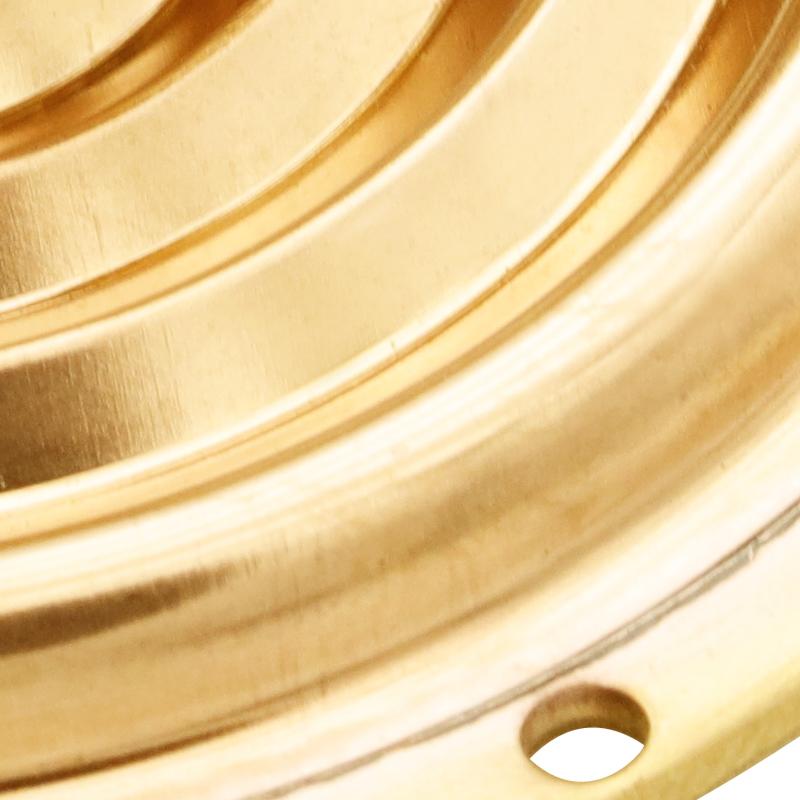
अगस्त . 09, 2024 06:40 Back to list
Understanding Static Pressure Measurements in Differential Pressure Gauges for Accurate Readings
Understanding Static Pressure in Differential Pressure Gauges
Differential pressure gauges are crucial instruments used across various industries to measure the difference in pressure between two points. These devices play a vital role in monitoring systems such as HVAC, filtration, and fluid processing. Among the numerous parameters involved in their operation, static pressure stands out as a key factor impacting their performance and accuracy.
What is Static Pressure?
Static pressure refers to the pressure exerted by a fluid at rest. In the context of differential pressure gauges, static pressure represents the baseline pressure that exists in a system before any changes are induced by flow or movement. It is essential for understanding the total pressure conditions in which the differential pressure is measured. Typically, static pressure is applied uniformly in all directions and does not vary with the flow velocity of the fluid.
The Role of Static Pressure in Differential Pressure Measurements
Differential pressure gauges are designed to measure the difference between two pressure points—often referred to as the high-side and low-side pressures. The accuracy of these measurements can be significantly influenced by the static pressure of the system. For instance, in a hydronic heating system, the static pressure in the pipes must be considered to ensure that the differential pressure measured across a specific component (like a filter or a pump) is valid and reflects the true performance of that component.
Static pressure impacts the differential reading directly. If a high static pressure is present on the low side, it can compress the differential pressure reading, leading to inaccuracies. Hence, it is crucial for engineers and technicians to account for static pressure when interpreting the data provided by differential pressure gauges.
Calibration and Compensation for Static Pressure
static pressure for differential pressure gauge jah

To mitigate the effects of static pressure on differential pressure measurements, proper calibration and compensation techniques are employed. Many modern differential pressure gauges come equipped with the capability to compensate for variations in static pressure. This feature allows users to obtain more accurate readings by automatically adjusting the differential pressure output based on known static pressure conditions.
Moreover, routine calibration of differential pressure gauges is pivotal to maintain their reliability. Regular checks against standardized equipment help in identifying any deviations that may arise due to changes in static pressure or other external factors. Ensuring that the gauge is correctly calibrated not only enhances measurement fidelity but also contributes to the overall efficiency of the system being monitored.
Applications of Differential Pressure Gauges with Static Pressure Considerations
Differential pressure gauges are widely used in various applications across different sectors. In HVAC systems, they help monitor air flow rates by measuring the pressure drops across components like filters and coils, all while considering static pressure. In the pharmaceutical industry, they are used to ensure proper air quality by monitoring differential pressures in cleanrooms, where maintaining stable static pressure is critical for compliance with safety standards.
In petrochemical sectors, static pressure compensation allows for accurate monitoring of pipeline systems, where pressure differences indicate potential leaks or blockages that could affect operational safety. In all these applications, understanding the interplay between static and differential pressures is integral to maintaining system integrity, efficiency, and safety.
Conclusion
In conclusion, static pressure plays a significant role in the performance and reliability of differential pressure gauges. By acknowledging the effects of static pressure, engineers and technicians can achieve more accurate measurements, leading to better system performance. It is essential for professionals to engage in proper calibration and make use of modern compensatory techniques to enhance the reliability of their pressure monitoring systems.
-
High-Precision 5 Valve Manifold Differential Pressure Gauge Suppliers
NewsApr.29,2025
-
High-Precision Diaphragm Vacuum Pressure Gauges Manufacturers & Quotes
NewsApr.29,2025
-
Omega Differential Pressure Gauges High Accuracy & Durability
NewsApr.28,2025
-
Low Pressure Differential Pressure Gauges Precision Solutions & Quotes
NewsApr.28,2025
-
Digital Diaphragm Pressure Gaauge Precision Measurement & OEM Quotes
NewsApr.28,2025
-
Differential Pressure Gauge China Price High-Accuracy & Best Quotes
NewsApr.28,2025
